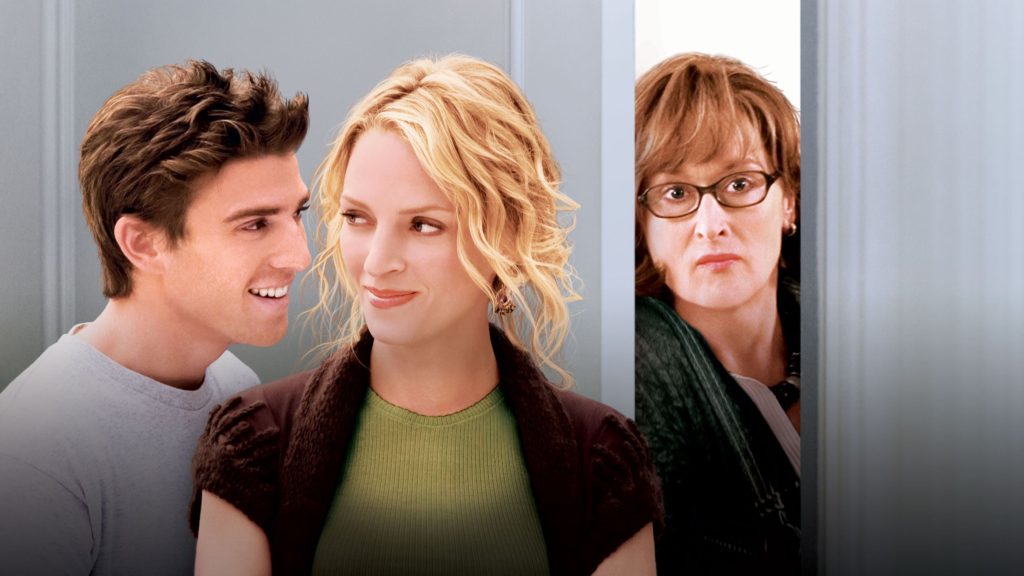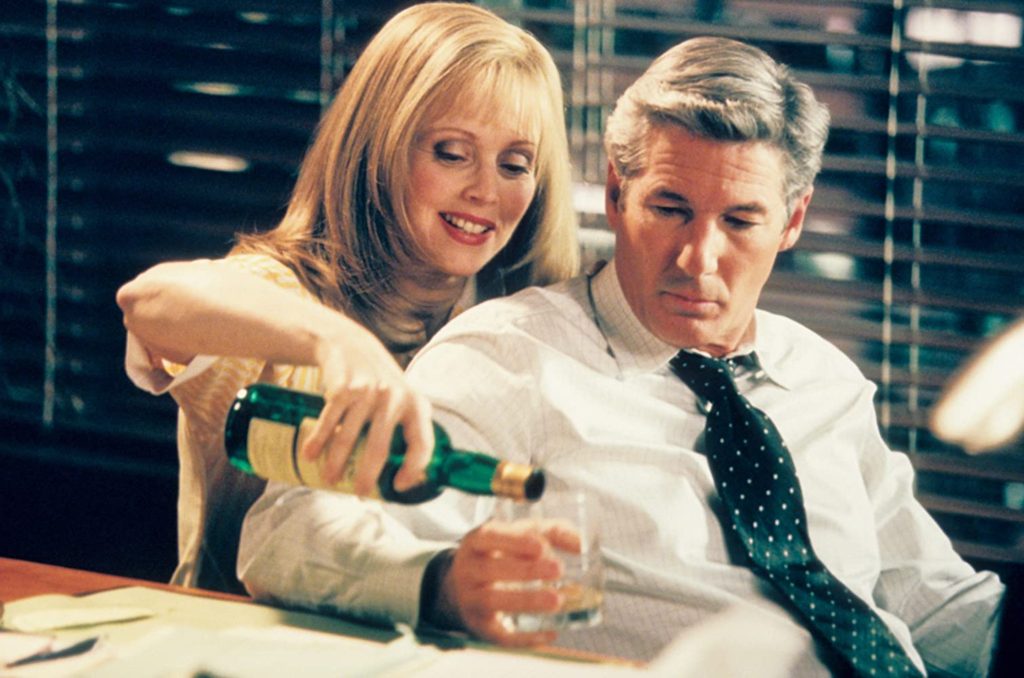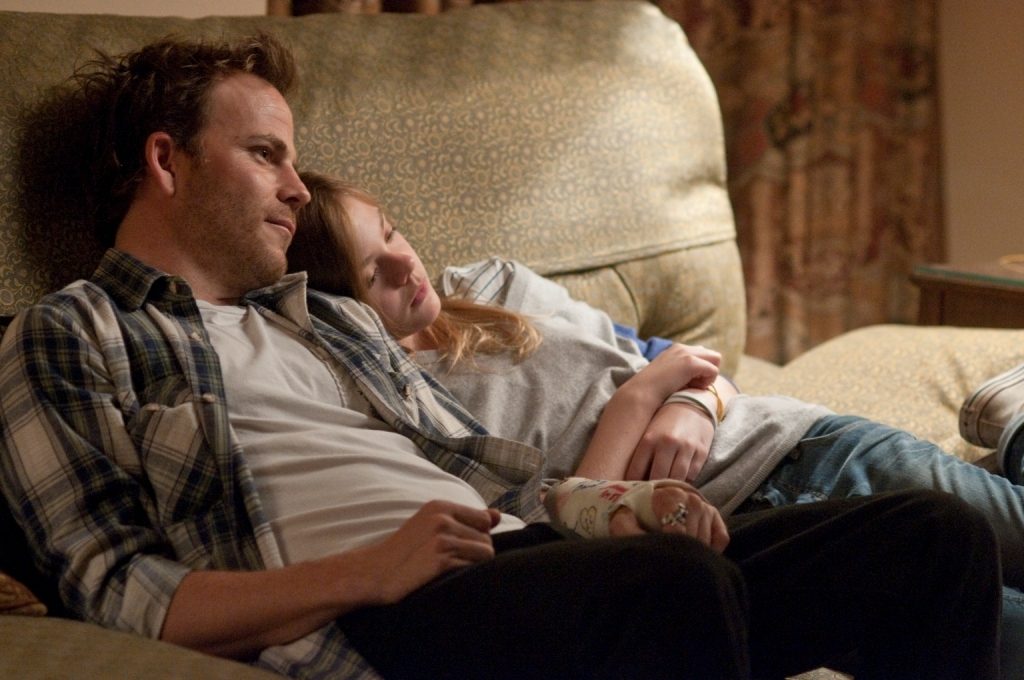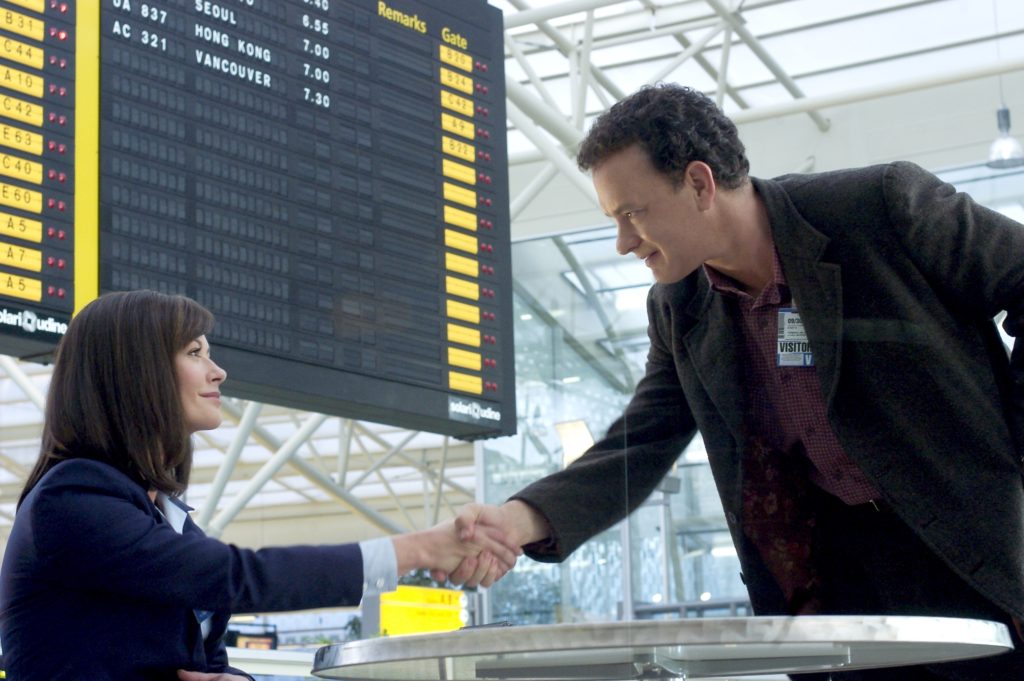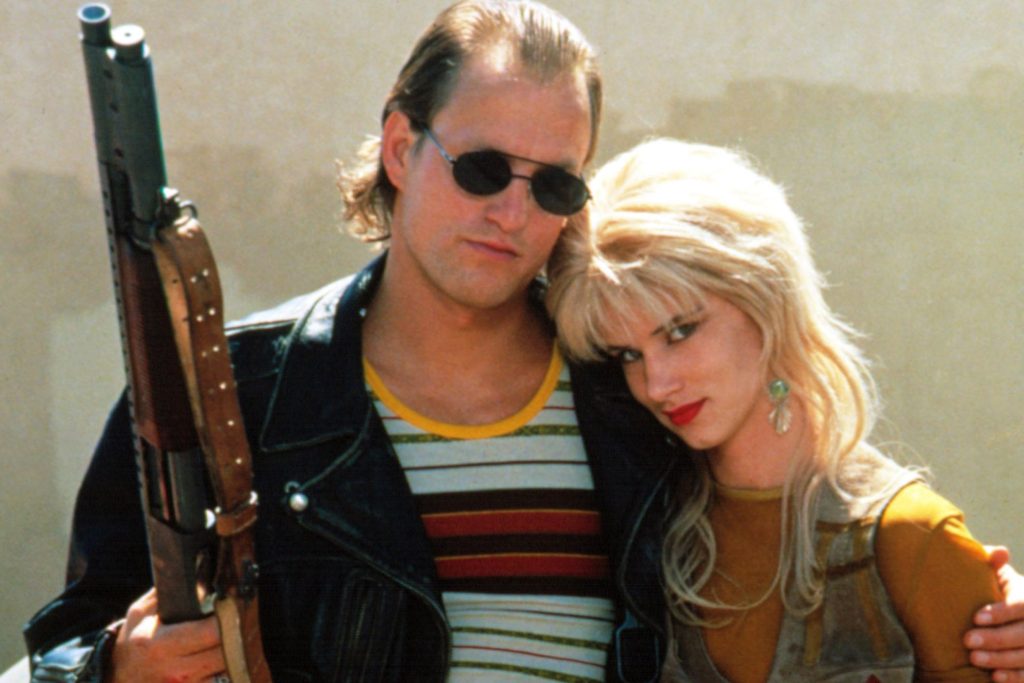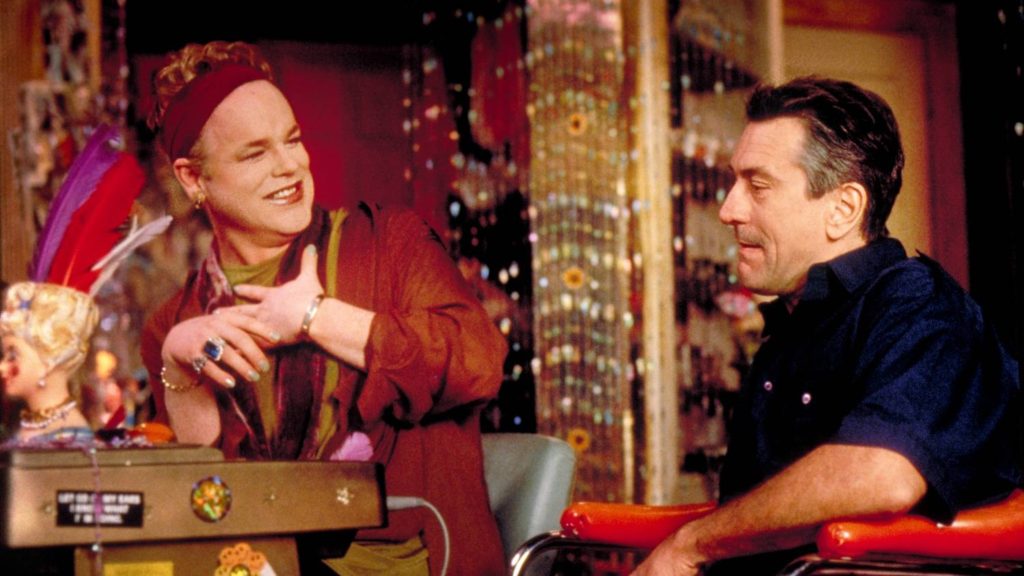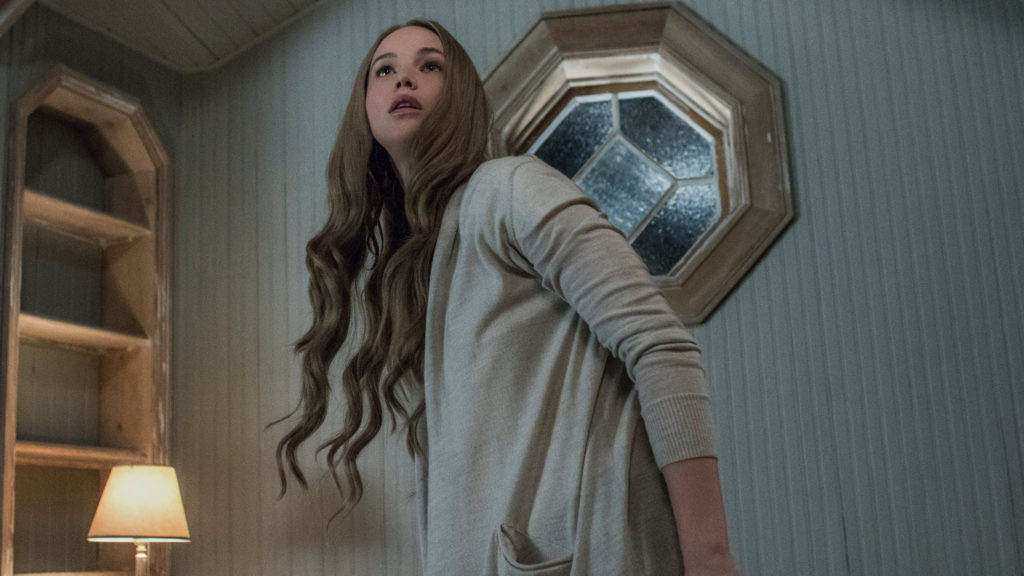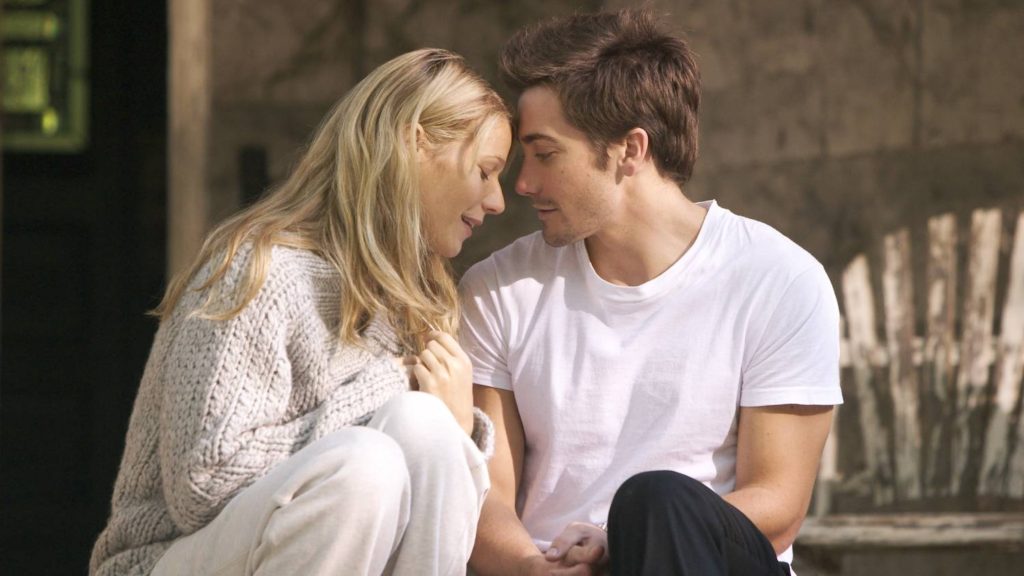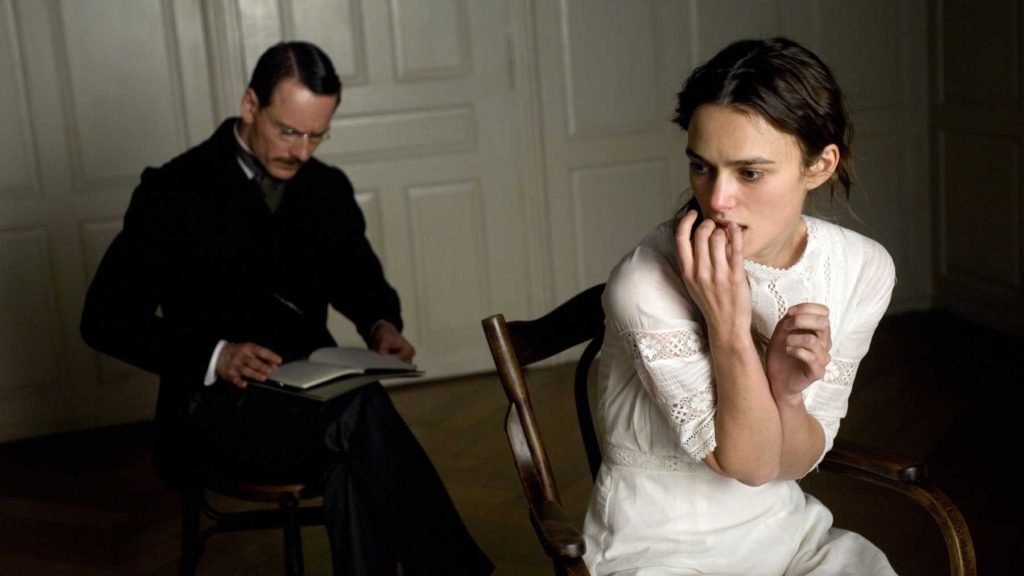
If you look at many of the bizarre and not-safe-for-work fascinations embedded in the filmography of David Cronenberg, it might be surprising that the auteur’s work ever made it close to Oscar conversations. But this week, we’re looking at one of his films that did: 2011′s Freud and Jung horny costume drama A Dangerous Method. Starring Michael Fassbender as Jung and frequent Cronenberg star Viggo Mortensen as Freud, the film looks at the relationship between the two foundational psychologists and the women caught between their ideologies, Sabina Spielrein – played by Keira Knightley, in a divisively received performance.
The film also played a major part in Fassbender’s 2011 omnipresence, though Shame would be his closest Oscar contender of his many films this year. But it was the director’s then-increasing favor with Oscar that set most early predictions’ sights on this film. This episode, we take a close look at the Cronenberg resume and all of its fascinating perversions.
Topics also include 2011 Supporting Actress, Knightley’s relationship to costume dramas, and how A History of Violence came close to a deeper embrace by Oscar.
Follow Us on Twitter!
@Had_Oscar_Buzz
Joe: @joereid
Chris: @chrisvfeil
Podcast: Play in new window | Download
Subscribe: Google Podcasts | RSS

